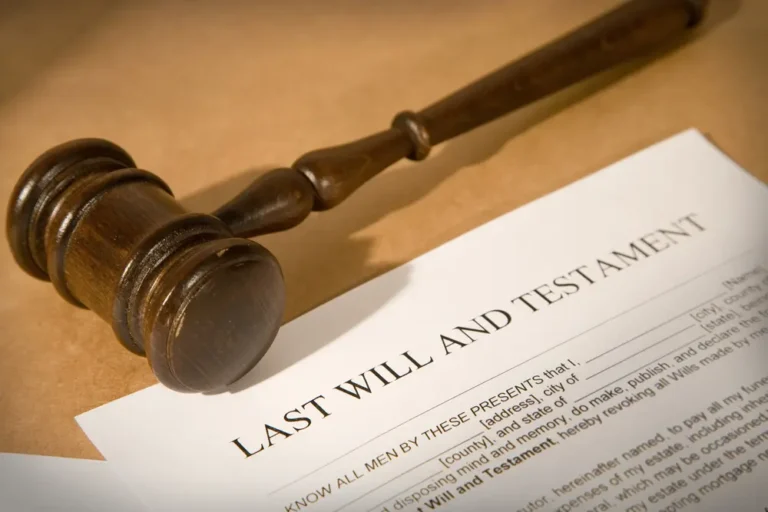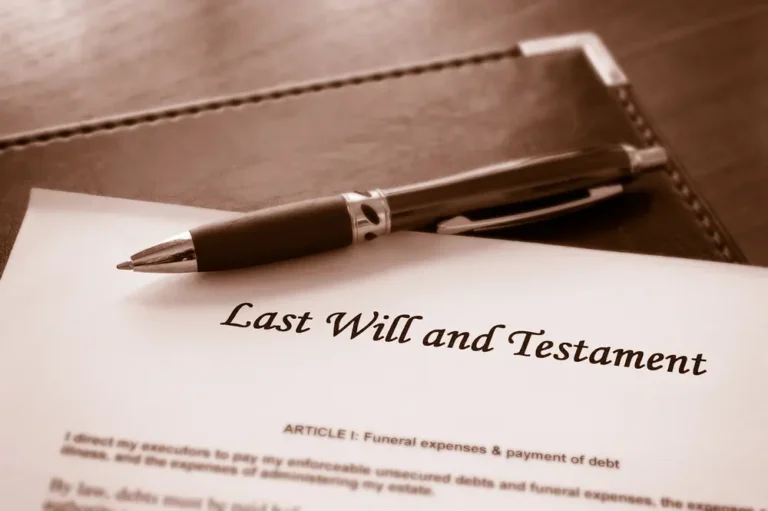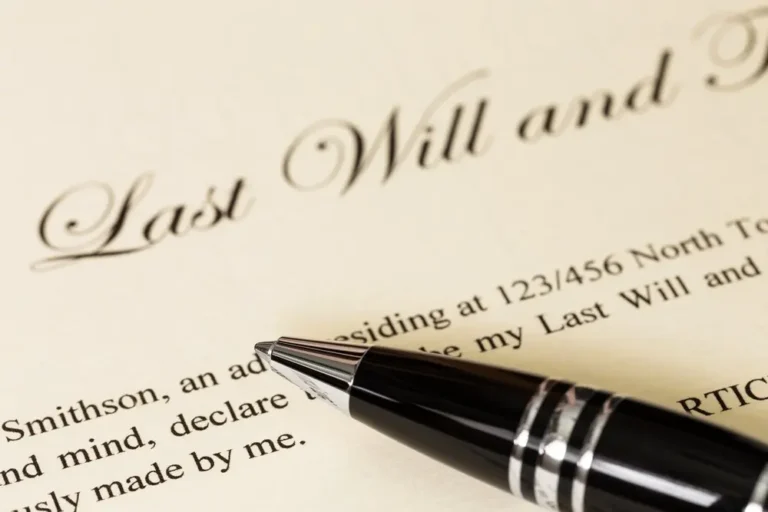Constructive Trusts: What You Need to Know~2 min read

Trusts are generally written legal documents in which people transfer ownership of their property to others, either while the owners are still living or after their death. There are times when the conduct of the parties is different than the wording of a trust document, or there is no document. In these cases, the court may impose a constructive trust in order to have a fair result consistent with the original intent of the parties.
Characteristics of a Constructive Trust
The concept of a constructive trust can be confusing. This type of trust arises when one party gives another property with instructions to hold that property for the benefit of a third party but the one holding the property mishandles it. A constructive trust is formed so the one who was originally intended to benefit receives what they should.
A constructive trust may be formed if the parties involved intended to create a traditional trust, but some issues prevented it from being legally formed. Constructive trusts may also be formed “when property is acquired through duress, fraud, undue influence, misrepresentation, wrongful disposition of another’s property, a breach of fiduciary duty, or a mistake.” CITATION
One example is if a person gives a friend money with the stipulation to hold it for them, but instead, that person buys real estate. The court will then impose a constructive trust and order ownership of the real estate to be transferred to the person whose money was used to buy it.
This prevents unjust enrichment of the real estate purchaser and results in fairness to the one who entrusted the person with his or her money.
Enforcement of a Constructive Trust
The general way constructive trusts are enforced is the person whose property was misused files suit in court alleging the defendant owns property that should rightfully be the property of the plaintiff. If the court agrees, it may order a constructive trust be formed. This may result in ordering the defendant to act by either reimbursing the plaintiff for the losses, retitling property in the plaintiff’s name, or other remedies that the court deems equitable.
Attorney Aubry Dameron at Springer & Lyle can answer any questions you have regarding constructive trusts. Contact her at 940-370-4033 to schedule an appointment for a consultation.







